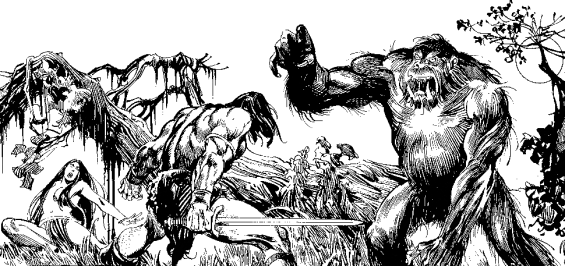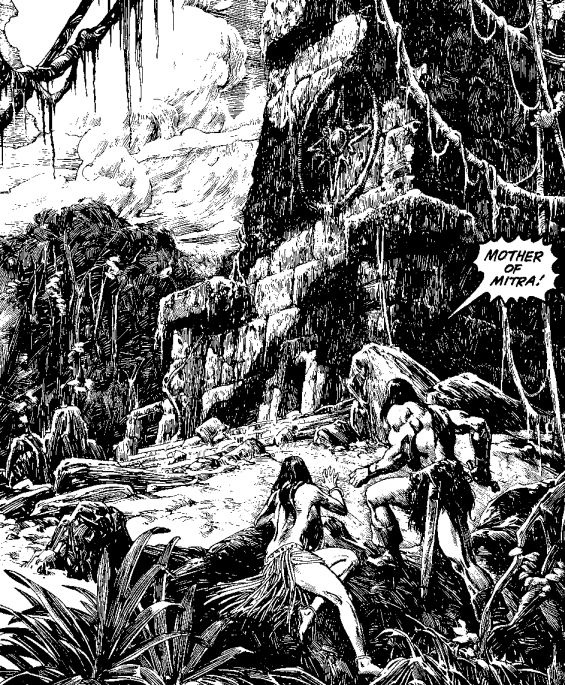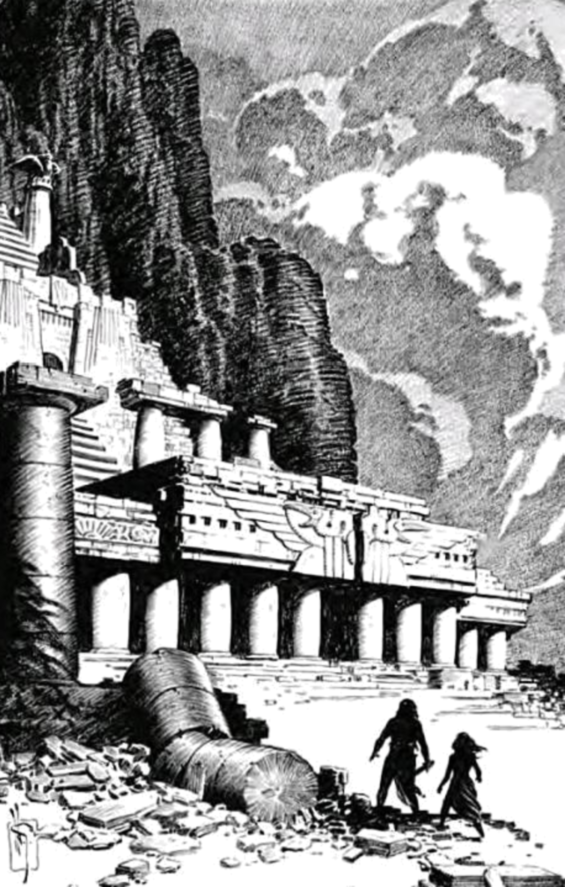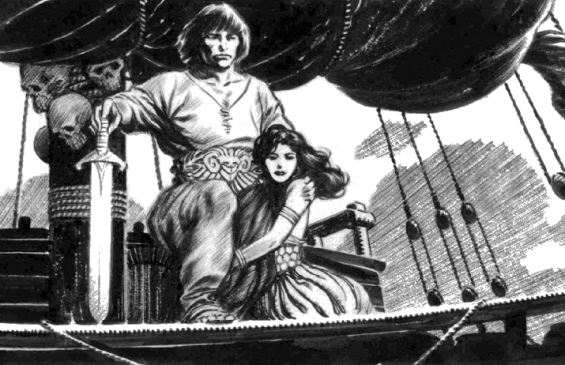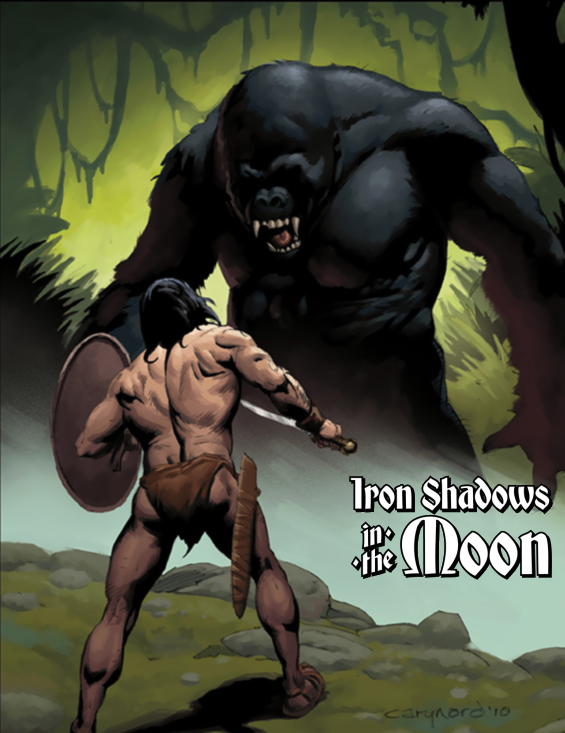
 The SFFaudio Podcast #349 – Jesse and Mr Jim Moon talk about The Ghost Pirates by William Hope Hodgson
The SFFaudio Podcast #349 – Jesse and Mr Jim Moon talk about The Ghost Pirates by William Hope Hodgson
Talked about on today’s show:
1909, from the later middle, more sophisticated than The Night Land, more tightly plotted than The Boats Of The Glen Carrig, all the letters of H.P. Lovecraft that talk about William Hope Hodgson, revisions to Supernatural Horror In Literature, a doomed an haunted ship, terrible sea-devils of quasi-human aspect, latent horrors in nature, “reaches enviable peaks of power”, the LibriVox audiobook, not as jam-packed with incident, the Carnacki stories, cosmic vistas, accessibility, a straightforward story, what it was like to being a working sailor, cliques and alliances, tremendous fun, time travel that good literature can give you, the poopiest book of all of Hodgson’s work, the taffrail, mood, a ghostly haunted ship, From Beyond by H.P. Lovecraft, Algernon Blackwood’s The Willows, an intrusion by other forces, shadows, strange figures, disappearances, underwater ships, not just a ghost, predation, dimensional drift, pirate skeletons ghosts don’t fit, its the ship that’s haunted, but not only the ship, the ship’s name is “Mortzestus”, “Sangier” (the bloodier), “I’m going to get my money out of this ship”, the pay scene in Aliens (1979), a thing from outside, bubbling below the surface is the corporatism problem, a commercial venture, mutiny, the officers want it hushed up, writing it up in the log, it is regrettable that Bryan isn’t here, why Marx wrote his works in England, the relationship between the means of production (the ship) and its sailors, taking care vs. making money, commercial considerations, historical piracy, in the lulls between sea-devils, “mate” reminds us of “comrade”, we’re all in this together mate (or comrade), why were there so many pirates?, why piracy happened, a Freudian (or Marxist) reading, the Sindey Sime illustration of The Ghost Pirates, “pale eyes”, mummified figures, are the ghost pirates a projection of the crew’s submerged collective unconscious?, the pirate articles, communism and democracy, parallels the Russian Revolution style, the captain, the quartermaster, the hatred that Hodgson had for commercial sailing, spooky, a sub-layer to the tale, the frustrations of the crew, “that old bully”, we are in trouble now, the devils take them all, the slang for the ship is “this packet”, the crew as a wrapping on the parcel, the language of spiritualism, Jessup’s theory as to what’s going on:
“Well, I’ve formed a bit of a theory, that seems wise one minute, and cracked the next. Of course, it’s as likely to be all wrong; but it’s the only thing that seems to me to fit in with all the beastly things we’ve had lately.”
“My idea is, that this ship is open to be boarded by those things,” I explained. “What they are, of course I don’t know. They look like men— in lots of ways. But—well, the Lord knows what’s in the sea. Though we don’t want to go imagining silly things, of course. And then, again, you know, it seems fat-headed, calling anything silly. That’s how I keep going, in a sort of blessed circle. I don’t know a bit whether they’re flesh and blood, or whether they’re what we should call ghosts or spirits.”
this ship is “open”, what happened on this ship that “opened it up”, The Haunted Jarvee (a Carnacki story), there’s something about the ship, there’s a crack in it, a tear in the fabric of reality, a sitting duck for otherworldly buccaneers, what is the goal of the sea-devils, what are they doing up in the rigging, four ghost ships, aliens?, aliens from the ocean?, are they Doctor Who sea-devils?, are they deep ones?, a parallel reality, From Beyond, Crawford Tillinghast is turning up ghosts, vestigial organs, ultra-violet,
“What do we know,” he had said, “of the world and the universe about us? Our means of receiving impressions are absurdly few, and our notions of surrounding objects infinitely narrow. We see things only as we are constructed to see them, and can gain no idea of their absolute nature. With five feeble senses we pretend to comprehend the boundlessly complex cosmos, yet other beings with wider, stronger, or different range of senses might not only see very differently the things we see, but might see and study whole worlds of matter, energy, and life which lie close at hand yet can never be detected with the senses we have. I have always believed that such strange, inaccessible worlds exist at our very elbows, and now I believe I have found a way to break dawn the barriers.
if this was adapted today it would be explained by the cargo, an intra-dimensional material from atomic tests, 1920, The Dreams In The Witch House, 1934, The Banshee Chapter (2013), From Beyond (1986), a Freudian reading, Bill Clinton, in the language of apology, venereal disease, drugs, a found footage film, the framing story, believe it or not, The Ghost Pirates would make a great audio drama, showing the figures, crystallizing, Carnacki’s explanation in The Haunted Jarvee:
‘Well,’ replied Carnacki, ‘in my opinion she was a focus. That is a technical term which I can best explain by saying that she possessed the “attractive vibration” that is the power to draw to her any psychic waves in the vicinity, much in the way of a medium. The way in which the “vibration” is acquired – to use a technical term again – is, of course, purely a matter for supposition. She may have developed it during the years, owing to a suitability of conditions or it may have been in her (“of her” is a better term) from the very day her keel was laid. I mean the direction in which she lay the condition of the atmosphere, the state of the “electric tensions,” the very blows of the hammers and the accidental combining of materials suited to such an end – all might tend to such a thing.
making a magnet by hammering a nail, it’s not a person, it’s not something on the ship, it is the ship, electrical technology, a blend of science and the supernatural, BPRD: Plague Of Frogs, Mark Turetsky, slaves in chains at the bottom of the sea, a ship on its last voyage, the detritus of previous voyages, a Marxist resentment of the treatment of every crewman brought to the ship, end the of The Willows by Algernon Blackwood, working the same mine of feeling, the preface to the original edition, The House On The Borderland, certain conceptions of elemental kinship, flinging open the door wide, a kaleidoscope, scene upon scene, the door is open only a crack, speculation, what was the purpose, four shadowy galleons, the four ships below, are they mirrored (upside-down in the water), visualizing it is shocking, the Red Scare, they’re going to come here and take what we have, the Spartacus rebellions, an inter-dimensional idea, overwhelmed and pulled down, the other side of the veil, working a different passage in a nether dimension, if Neil Gaiman were to take this book as inspiration…, the surface of the sea, scraping along the surface of another world, the power of nautical ghost stories is in that liminal space between an ocean of air and an ocean of water, water as a liminal place in folklore, “where two elements meet strange things may intrude”, an inverted frog-men version of our world, are the sails like fins?, trade routes, how you portray the shadow ships, invisible would be fun, mirror world beneath the waves, the covers of various editions, skull and crossbones with a cutlass, whatever you see when you see through the eyes of Jessup, a fishy version of the pirate captain, mood effect, what the hell’s going on with those pig men?, a short novel, extended novellas, “I AM A NOVEL”, the Wikipedia entry, the unfinished novel, had Hodgson lived longer…, Captain Dang, the Sargasso Sea, the dawn of the pulp era proper, embracing the 20th century, The Hog, a complete collection.
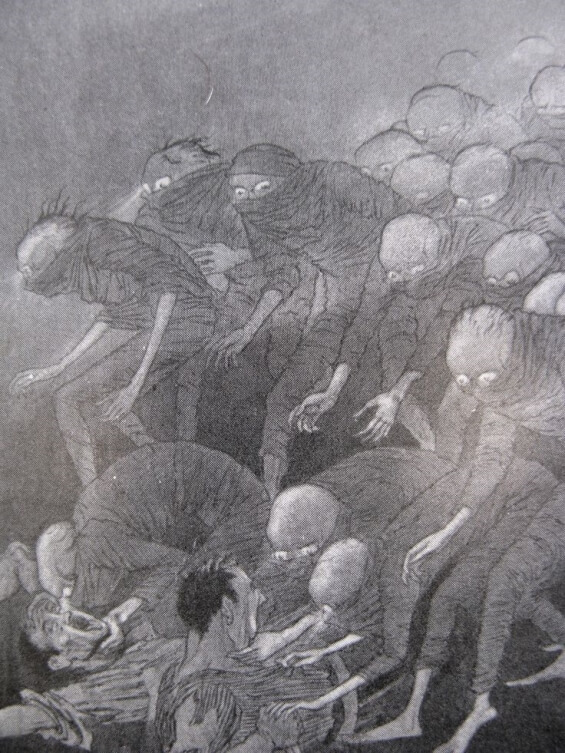
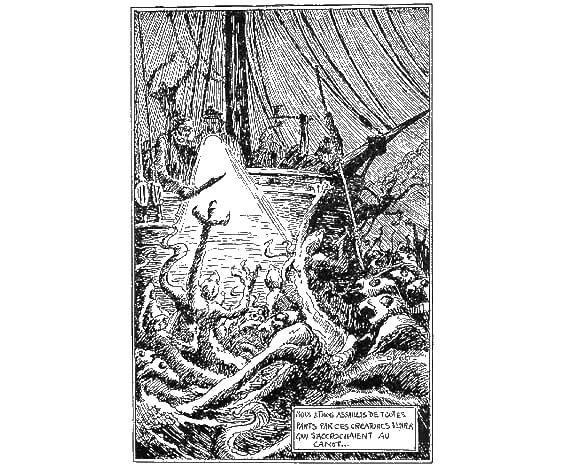
Posted by Jesse Willis
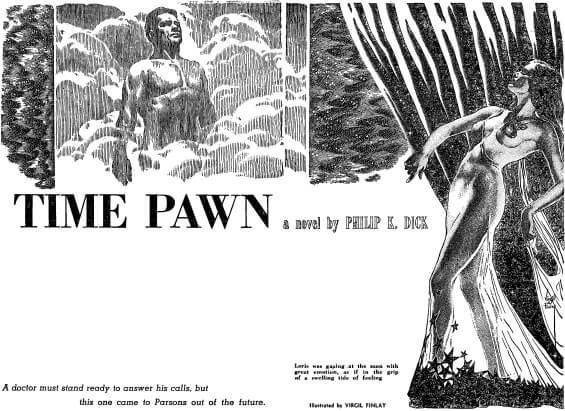
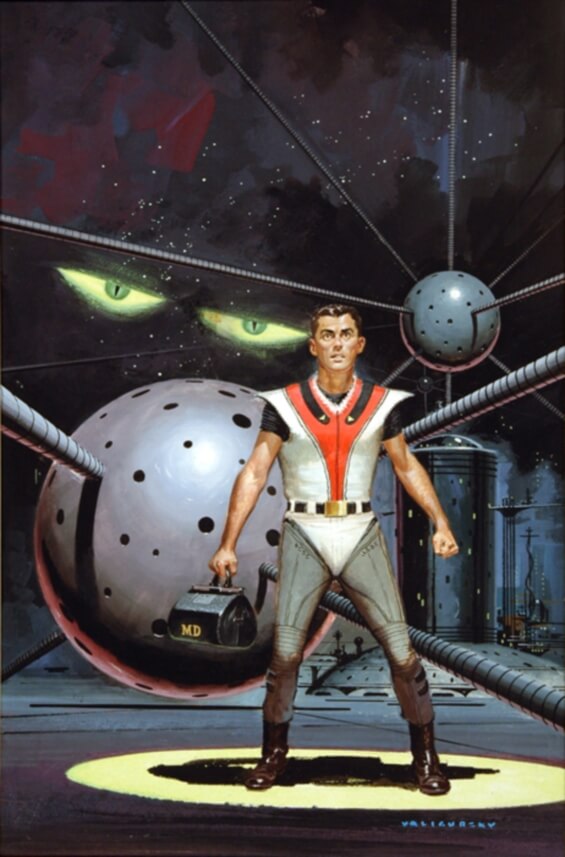
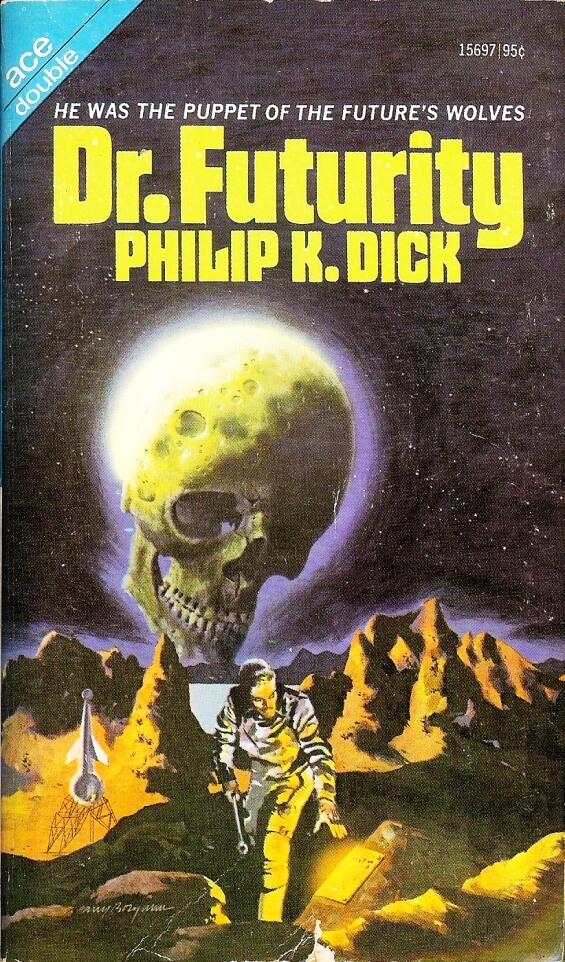
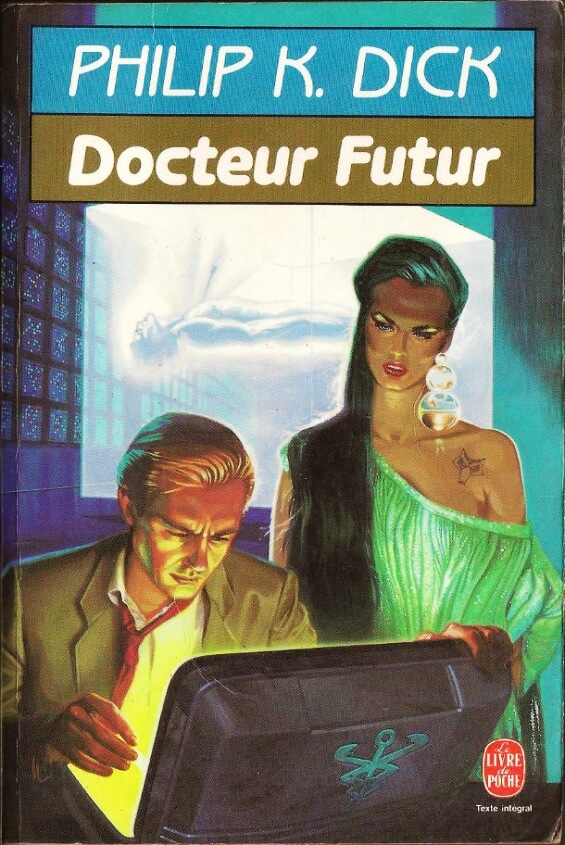
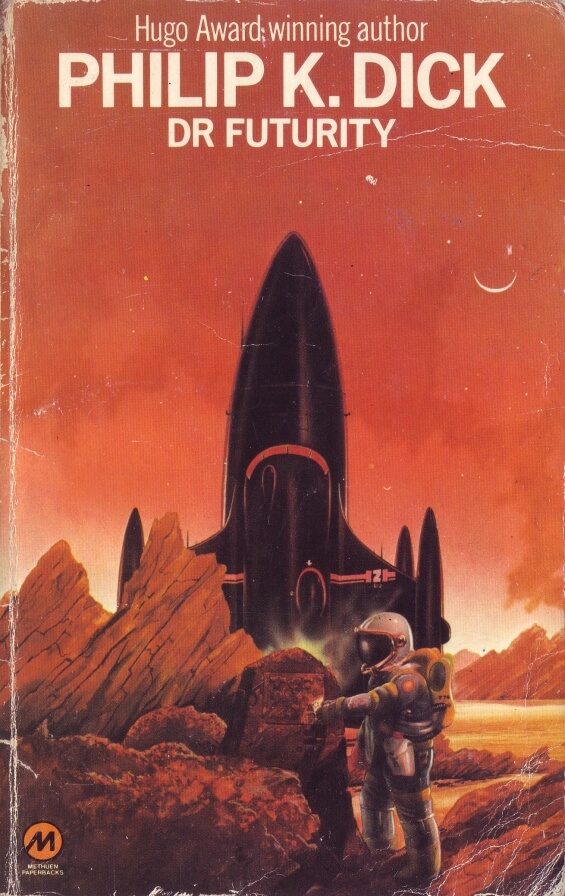
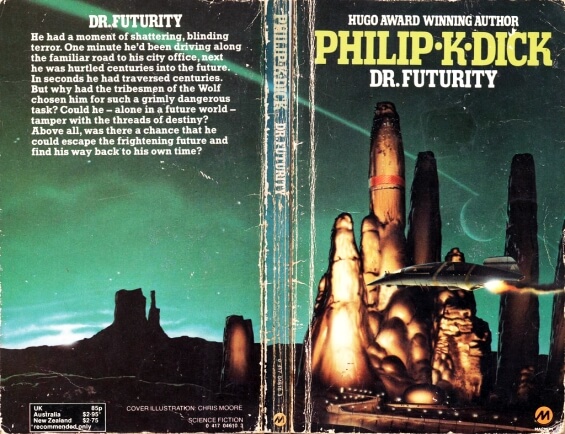
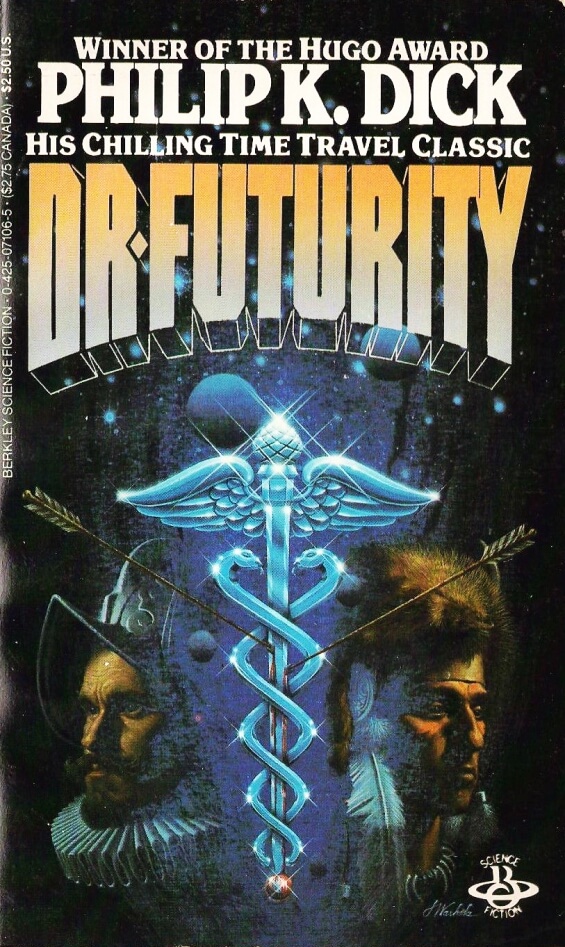
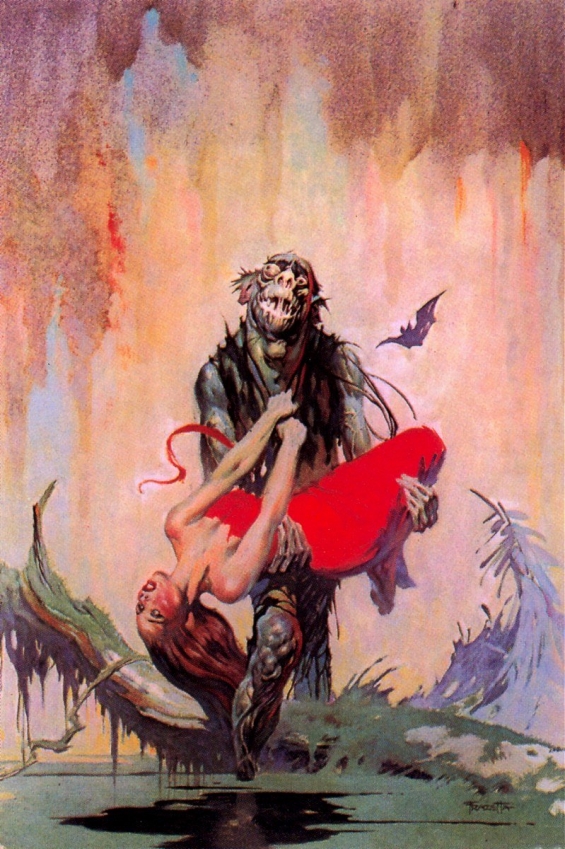
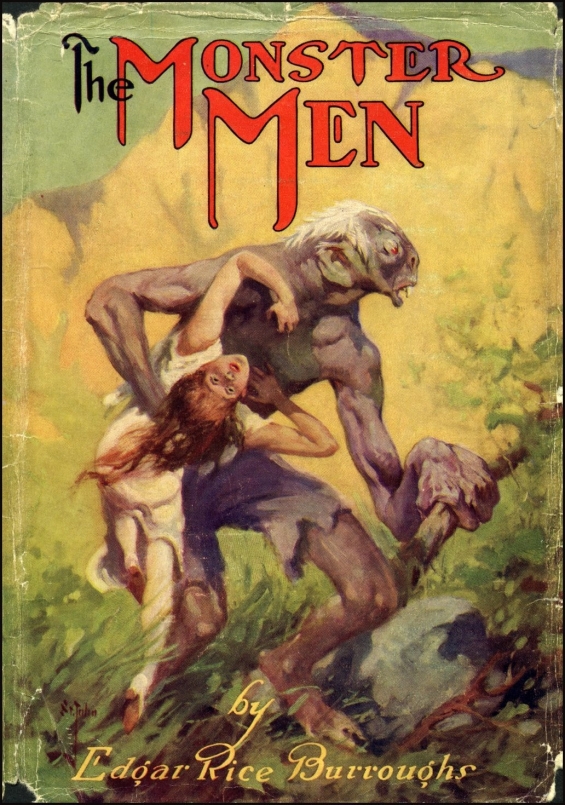
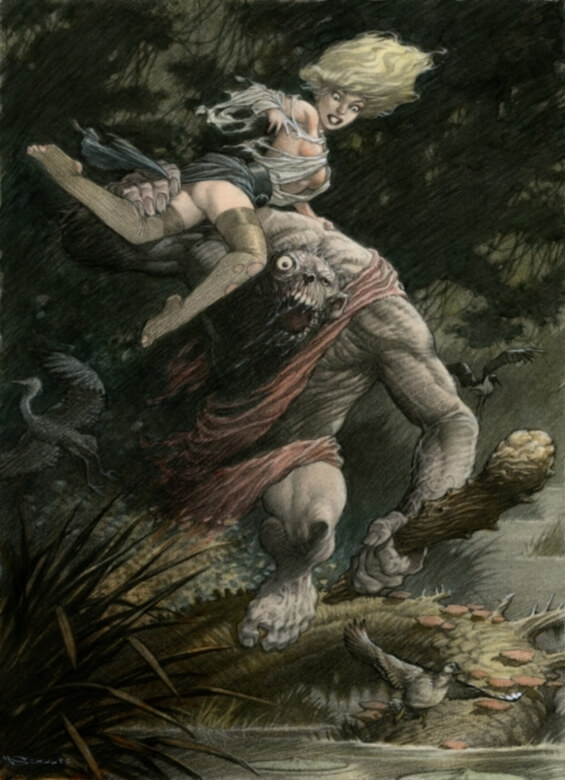

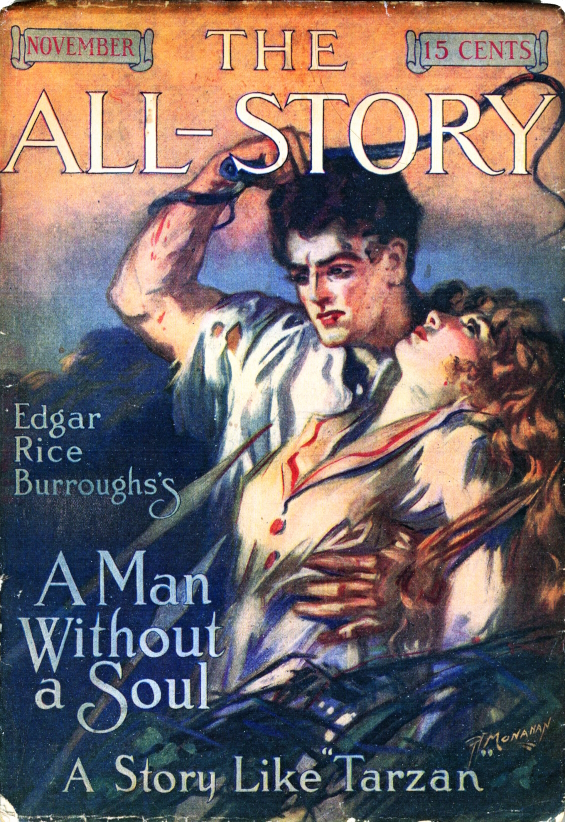








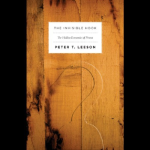


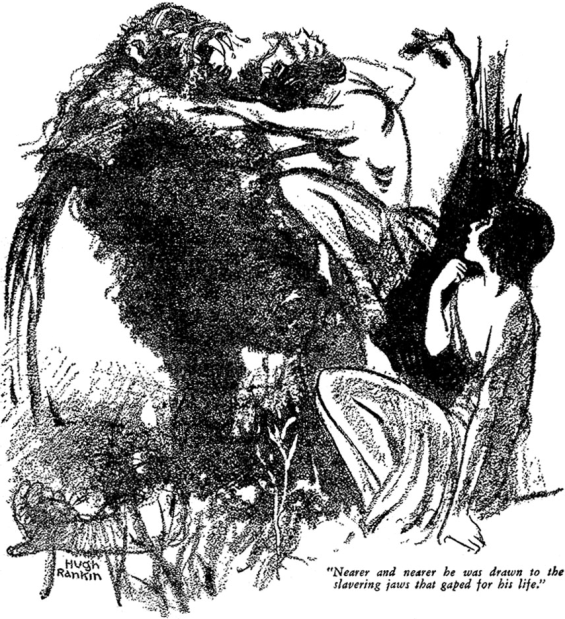
 Shadows In The Moonlight
Shadows In The Moonlight